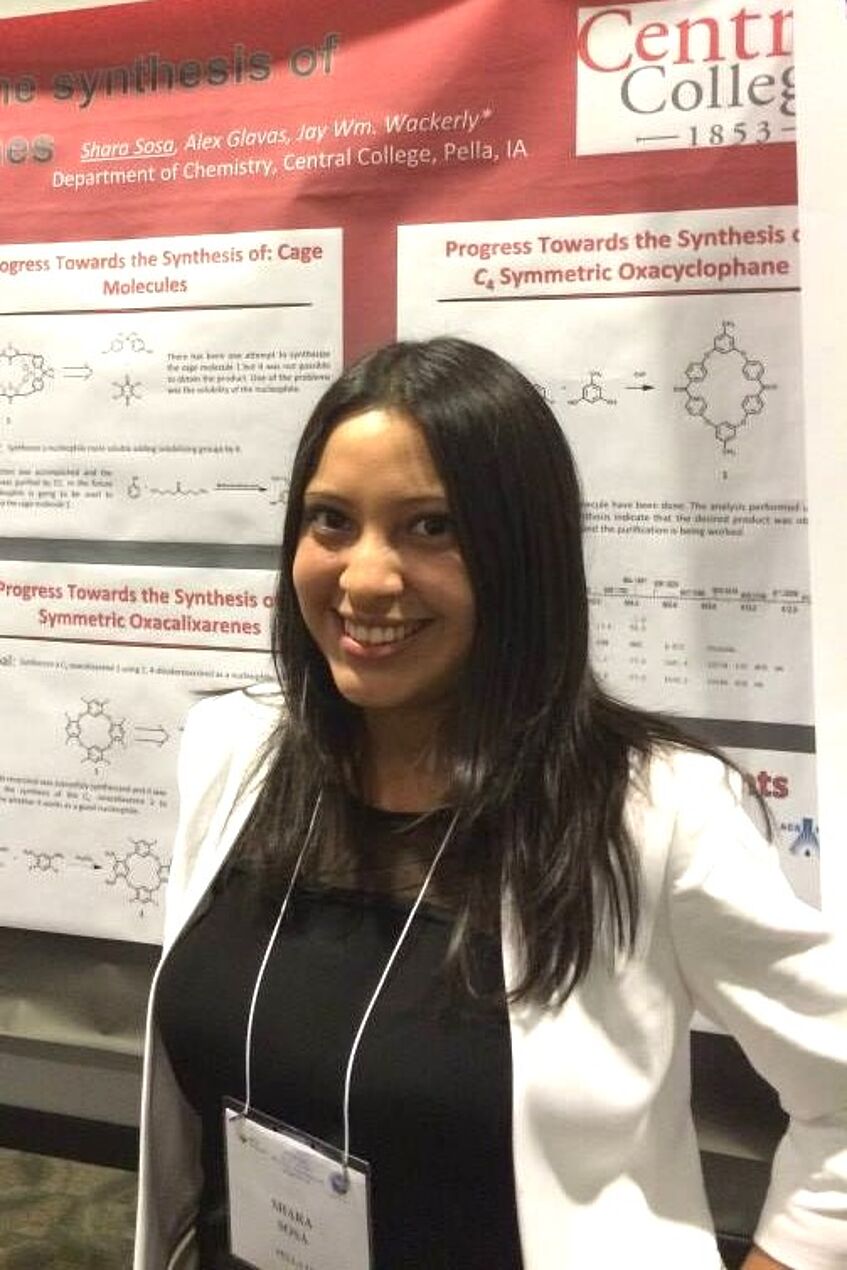Shara Natalia Sosa Cabrera, BSc MSc

Shara Natalia Sosa Cabrera, BSc MSc
Research
Thesis title: "AMP(K)lifying Nrf2"
Thesis outline: Life is continuously exposing our cells to stressful insults. To adapt /restore homeostasis and prevent damage, several mechanisms evolved that fight and counteract these stressors and lend cells resilience. One player, in the context of pending oxidative and xenobiotic harm, is the transcription factor nuclear factor erythroid 2-related factor 2 (Nrf2) (Osama et al., 2020). In the context of metabolic/energy stress, AMP-activated protein (AMPK) enters the stage as main sensor of cellular energy status in all eukaryotic cells (Garcia and Shaw, 2017) and central regulator of energy homeostasis. BACH1 is also a transcription factor that competes with Nrf2 to bind to the sMAF and thereby negatively regulates the transcription of antioxidant genes. Furthermore, BACH1 also regulates some genes related to glycolysis, motility (e.g mmp1) and positively correlates with cancer malignancy (Padilla and Lee, 2021).
We have previously shown that three AMPK-dependent phosphorylation of Nrf2 (S374, S408 and S433) trigger decreased levels of Nrf2 via enhanced bTrcP2-mediated degradation in Keap-/- deficient murine fibroblasts (Petsouki et al., 2023). This study therefore examined whether pharmacological activation of AMPK by metformin can decrease the levels of Nrf2 in KEAP -/- lung cancer cells which are resistant to chemotherapy due to Nrf2 hyperactivity.
Treatment of A549 (KEAP1 -/-, LKB1-/-) with Metformin did not alter the levels and stability of Nrf2, Nrf2 target genes or the sensitivity to anti-cancer drugs such as cisplatin, as assessed by qPCR, western blot, and cell viability experiments. However, it decreased the mRNA and protein levels of BACH1, and cell motility (evident in a scratch assay) in a, presumably, AMPK-independent manner. The metformin treatment also increased the levels of ROS, and it blunted the glycolytic spare capacity of the cells in a BACH1 independent way.
Overall, AMPK activation by metformin cannot recapitulate the observed influence of the AMPK-dependent phosphorylation on Nrf2 protein stability, but lowers BACH1 abundance, glycolytic capacity, cellular motility, and cell proliferation in A549 lung cancer cells. Further studies are needed to elucidate the exact mechanism by which metformin mediates these effects with a special focus on causal involvement of AMPK and/or BACH1.
Supervisor: Elke Heiss
